Have you ever wondered why sometimes you sympathize with others, while at other times, you feel a profound sense of empathy? Let us explore the difference between empathy and sympathy as we unveil the power of genuine emotional connection.
But before delving into empathy and sympathy difference, let’s first establish a clear understanding of empathy and sympathy.
What is empathy?
Empathy is the ability to understand and share the feelings of another person. It goes beyond merely recognizing and acknowledging someone’s emotions; it involves truly stepping into their shoes, experiencing their emotions as if they were our own.
Empathy requires us to connect with others on a deep emotional level, fostering a sense of compassion and understanding.
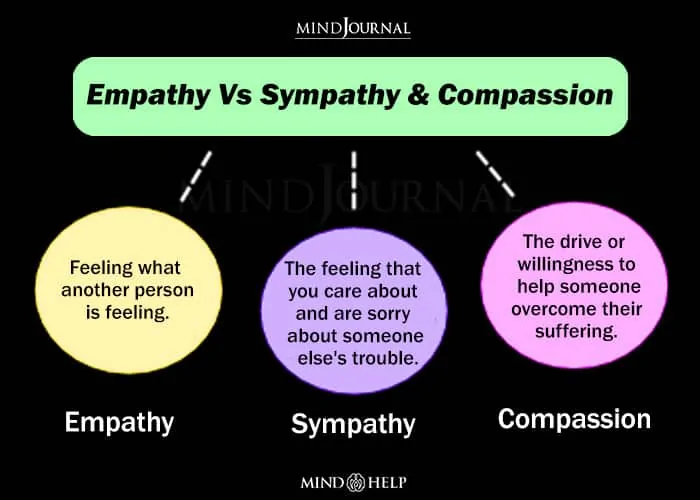
What is sympathy?
Sympathy, on the other hand, involves acknowledging the emotions and experiences of others from a distance. It is feeling sorry for someone’s situation without necessarily fully understanding their feelings.
Sympathy often arises from a sense of pity or concern for another person’s well-being, but it may lack the profound connection that empathy offers.
Now that we have a better understanding of these two core concepts, let’s explore sympathy vs empathy.
Related: Empathy Vs Sympathy: How To Practice True Empathy
Difference between empathy and sympathy
In our daily interactions, we often come across situations where we try to connect with others on an emotional level. Sometimes, we find ourselves sympathizing with their struggles, while at other times, we experience a deeper understanding and connection that goes beyond sympathy.
These two concepts, empathy and sympathy, are often used interchangeably, but they have distinct meanings and implications. Here are the significant differences between empathy and sympathy and how they shape our relationships and interactions with others.
1. Depth of emotional connection
One of the key differences between empathy and sympathy lies in the depth of emotional connection they create.
Empathy allows us to form a profound emotional bond with others. By genuinely feeling what they feel, we can offer support and understanding in a way that resonates deeply.
For example, imagine a friend who has lost a loved one. When we empathize, we not only express our condolences but also share in their grief, providing solace and comfort through our shared experience.
Sympathy, on the other hand, tends to create a more detached emotional connection. While we may express concern or offer words of sympathy, the emotional resonance may not be as strong.
For instance, if a colleague receives disappointing news, we may sympathize by saying, “I’m sorry to hear that,” without truly understanding the depth of their disappointment. This is a crucial aspect when exploring sympathy vs empathy.
Read 22 Stages of Relationship Between An Empath And Narcissist
2. Perspective-taking
Another significant distinction between empathy and sympathy lies in the level of perspective-taking involved.
Empathy necessitates actively putting ourselves in someone else’s shoes. By doing so, we gain insight into their thoughts, emotions, and experiences. This perspective-taking allows us to grasp their circumstances more fully and respond with genuine understanding.
For instance, if a friend shares their anxiety about an upcoming job interview, we can empathize by recalling our own experiences and relating to their feelings of unease.
Sympathy, however, does not require us to step into another person’s perspective to the same extent. Instead, it often involves projecting our own emotions onto their situation without fully comprehending their unique viewpoint.
In a scenario where a loved one fails to achieve a desired goal, we may sympathize by saying, “I understand how frustrating it can be” based on our own experiences, without fully grasping the nuances of their disappointment. This is the difference between empathy and sympathy.
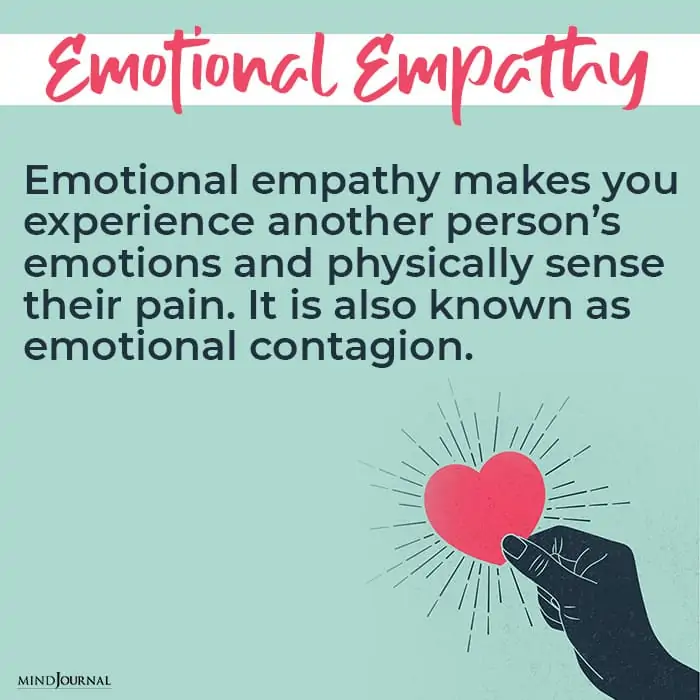
3. Validation of emotions
Another key aspect of empathy and sympathy difference is how they validate the emotions of others.
Empathy validates emotions by acknowledging and accepting them as valid and real. It reassures individuals that their feelings matter and are understood. When we empathize, we communicate to others that their experiences are genuine and worthy of consideration.
This validation can foster trust and strengthen relationships. For instance, if a family member expresses their fear about an upcoming medical procedure, we can offer empathy by saying, “It’s completely understandable to feel scared. I’m here for you.”
Related: The 3 Types Of Empathy And Why They Are Important
Sympathy, on the other hand, may unintentionally invalidate emotions by offering a superficial understanding or dismissing the intensity of what someone is experiencing. While sympathy can be well-intentioned, it may inadvertently communicate a lack of understanding or minimize the significance of the other person’s feelings.
For example, if a friend shares their frustration about ongoing work stress, a sympathetic response may be, “Oh, I know how you feel. I had a tough day too.” This response, while well-meaning, fails to acknowledge the unique challenges and emotions experienced by the friend.
Want to know more about the difference between empathy and sympathy? Read on to learn about sympathy vs empathy.
4. Action and support
One crucial aspect that sets empathy apart from sympathy is the potential for action and support.
Empathy often leads to a desire to take action and provide meaningful support. When we deeply understand someone’s emotions, we are more likely to offer assistance that addresses their specific needs.
For instance, if a neighbor shares their struggles with grocery shopping due to physical limitations, empathy may inspire us to offer help by doing their shopping or arranging a delivery service.
Sympathy, while compassionate, may not always be accompanied by a proactive response. It often remains in the realm of acknowledging someone’s situation without necessarily prompting tangible assistance.
For instance, if a colleague expresses their exhaustion from working long hours, sympathy may prompt us to say, “I’m sorry to hear that,” without necessarily offering any practical help or solutions. This is a major facet in empathy and sympathy difference.
5. Building stronger connections
By now, it is clear that empathy and sympathy offer distinct approaches to connecting with others. Understanding these differences can have a profound impact on our relationships and interactions.
Empathy, with its ability to foster deep emotional connections, has the power to build stronger bonds between individuals. It creates an environment of trust, understanding, and support, allowing people to feel seen and validated.
When we empathize, we demonstrate that we care about others on a profound level, leading to more meaningful and fulfilling relationships.
Sympathy, while still a compassionate response, may not have the same transformative effect on relationships. It can sometimes create a distance between individuals, as the emotional connection may be less intimate.
While sympathy has its place in expressing concern and care, it may not provide the same level of emotional support and understanding as empathy.
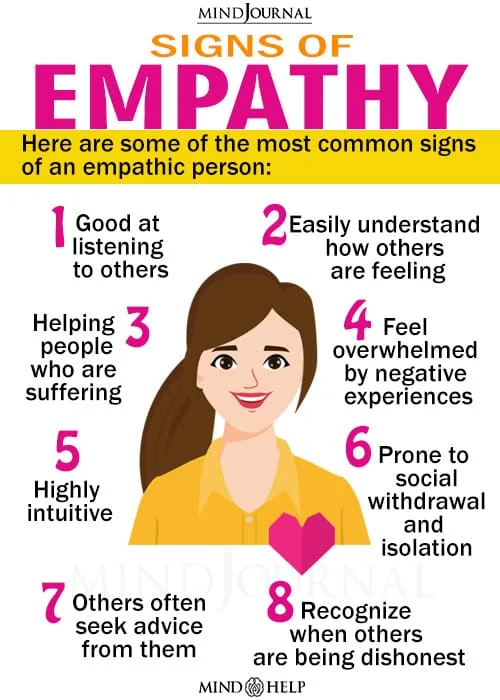
Now that we know about the difference between empathy and sympathy, is one better than the other?
Related: 3 Keys To Developing Empathy: How To Be The Best Listener Ever
Which is better: Empathy or sympathy?
When you understand the difference between empathy and sympathy, you realize that determining whether empathy or sympathy is better is subjective. It mainly depends on the context and the desired outcome.
Both empathy and sympathy have their merits and can be valuable in different situations. Let’s explore the benefits and considerations of each:
1. Empathy
Empathy is often considered the deeper and more profound emotional connection. Here are some reasons why empathy can be seen as advantageous:
a. Understanding and validation
Empathy allows us to genuinely understand and validate the emotions and experiences of others. By stepping into their shoes, we can offer support that resonates deeply and communicates that their feelings are acknowledged and accepted as valid.
b. Stronger emotional bond
Through empathy, we create a stronger emotional bond with others. This can lead to increased trust, intimacy, and a sense of being truly seen and understood. It fosters a safe space for individuals to express themselves authentically.
c. Compassionate action and support
Empathy often prompts us to take action and provide meaningful support. When we deeply understand someone’s emotions, we are more likely to offer assistance that addresses their specific needs, leading to practical solutions and tangible help.
d. Building bridges
Empathy can bridge the gap between diverse perspectives and experiences. It promotes understanding, compassion, and empathy towards others, even in situations where we may not personally relate to their circumstances.
Related: 5 Ways You Can Teach Empathy To Your Kids
2. Sympathy
While the difference between empathy and sympathy may indicate that empathy is praiseworthy for its depth, sympathy also has its value in certain situations. Here are some reasons why sympathy can be beneficial:
a. Compassion and care
Sympathy demonstrates care and concern for others. It allows us to express our support and show that we acknowledge their struggles and challenges. Sympathy can be a source of comfort and reassurance, especially when someone is going through a difficult time.
b. Maintaining boundaries
Sympathy can help maintain emotional boundaries, as it does not require us to fully immerse ourselves in someone else’s emotions. This can be useful in situations where maintaining objectivity or avoiding emotional exhaustion is important.
c. Quick response
Sympathy can be a prompt and immediate response to someone’s distress. It allows us to acknowledge their emotions and offer a supportive sentiment without requiring the same level of emotional investment as empathy.
d. Empathy building
Sympathy can serve as a stepping stone towards empathy. It can be a starting point that encourages individuals to develop a deeper understanding of others’ experiences and emotions, potentially leading to a more empathetic mindset over time.
Ultimately, the choice between empathy and sympathy depends on the specific circumstances, the nature of the relationship, and the desired outcome.
In situations that require a deep emotional connection, understanding, and support, empathy may be the preferred approach. However, in situations that call for a more detached but compassionate response, sympathy can still provide comfort and acknowledgment.
Now that we have understood empathy and sympathy difference, it is important to note that both empathy and sympathy require genuine care, active listening, and a willingness to connect with others on an emotional level.
Instead of focusing on sympathy vs empathy, we need to practice both, as we can navigate a range of interpersonal situations with compassion and understanding, fostering stronger relationships and a kinder world.
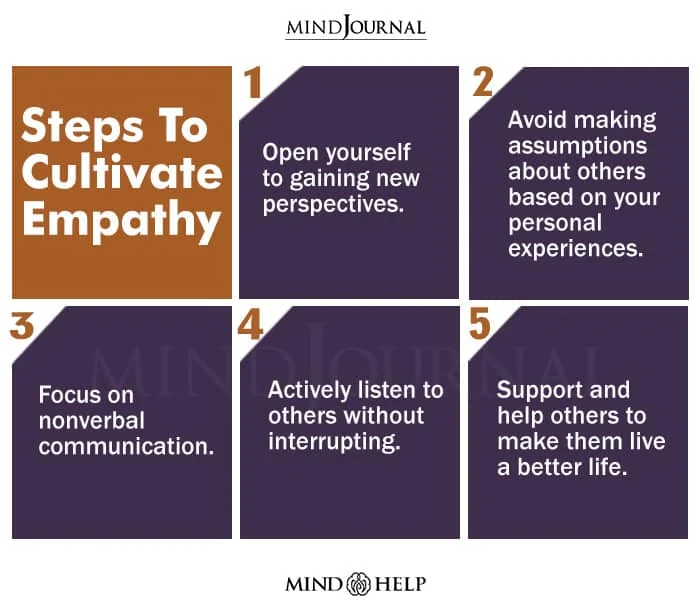
Takeaway
While empathy and sympathy are often used interchangeably, understanding the difference between empathy and sympathy is vital for establishing meaningful connections with others.
Empathy goes beyond sympathy by deepening our emotional connection, fostering perspective-taking, validating emotions, and inspiring action and support.
By cultivating empathy, we can enrich our relationships, promote understanding, and create a more compassionate world. So, let us strive to not just sympathize but empathize, bridging the gap between hearts and souls, one genuine connection at a time.
Related: How to Avoid the Empathy Trap
Frequently Asked Questions (FAQs):
What is sympathy and empathy with example?
Sympathy is understanding and pity for another’s feelings. Empathy is feeling another’s emotions as if they’re your own. Example: Sympathy is feeling sorry for a friend’s illness. Empathy is feeling their pain.
What empathy really means?
Empathy means deeply understanding and sharing the feelings of others, showing compassion and emotional connection to their experiences and emotions.
What are the common points between empathy and sympathy?
Both empathy and sympathy involve understanding and compassion for others’ emotions, although empathy involves feeling their emotions more deeply.
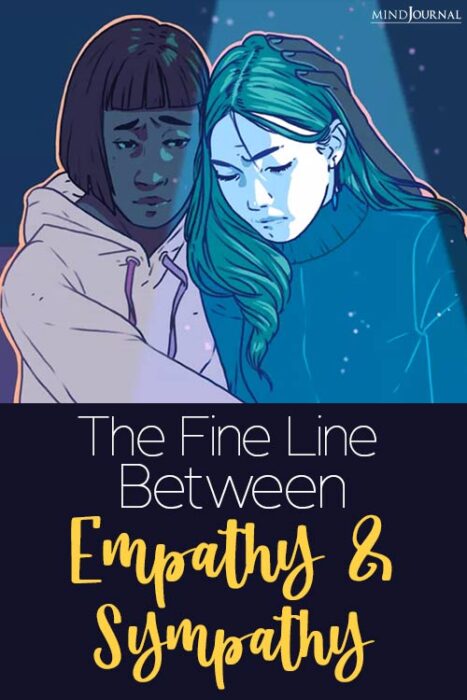
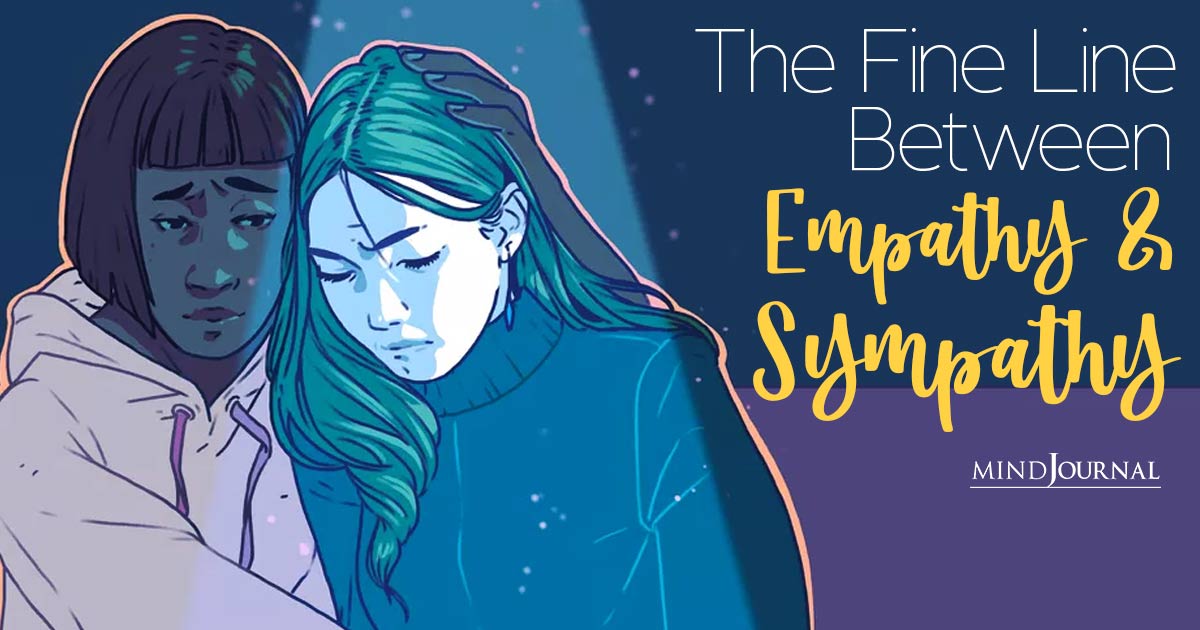

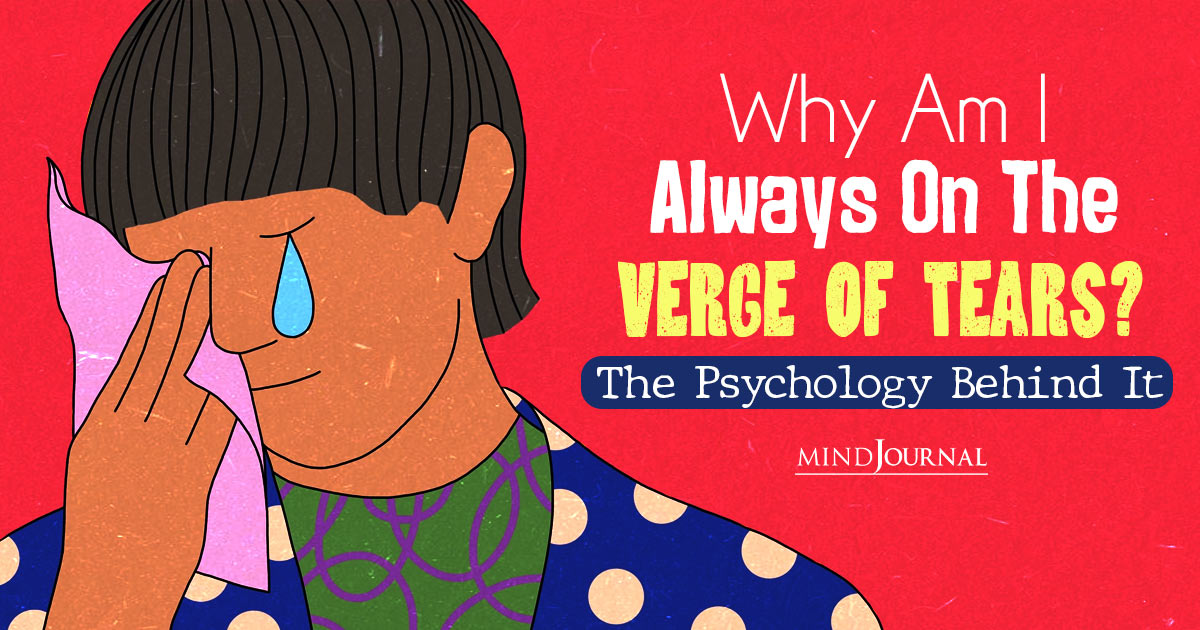

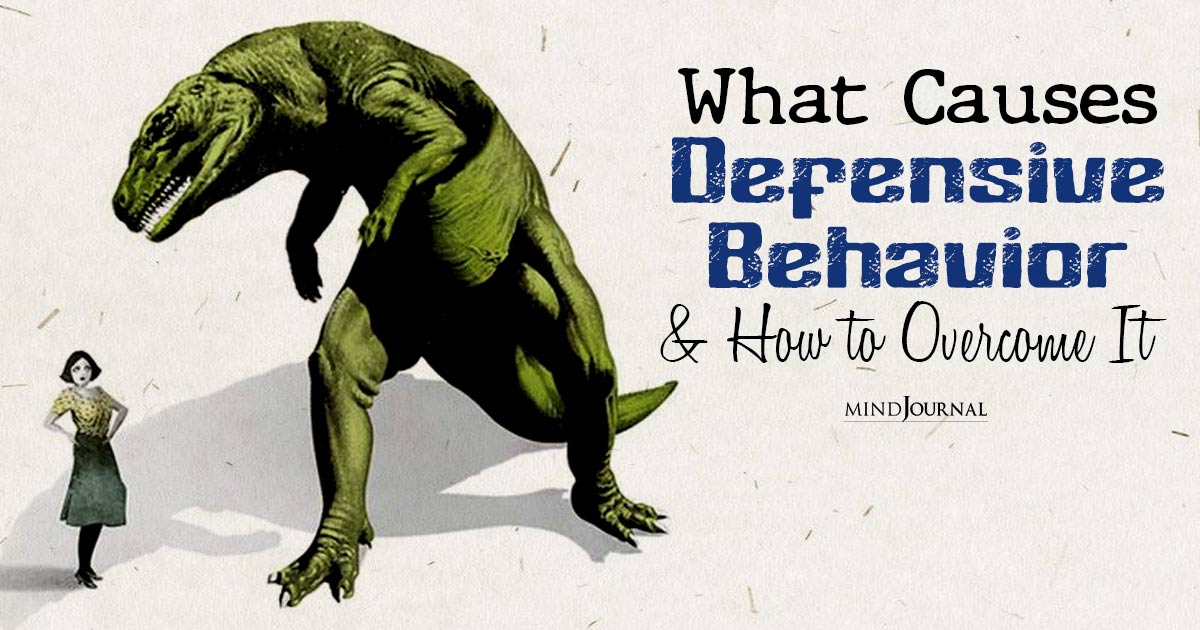

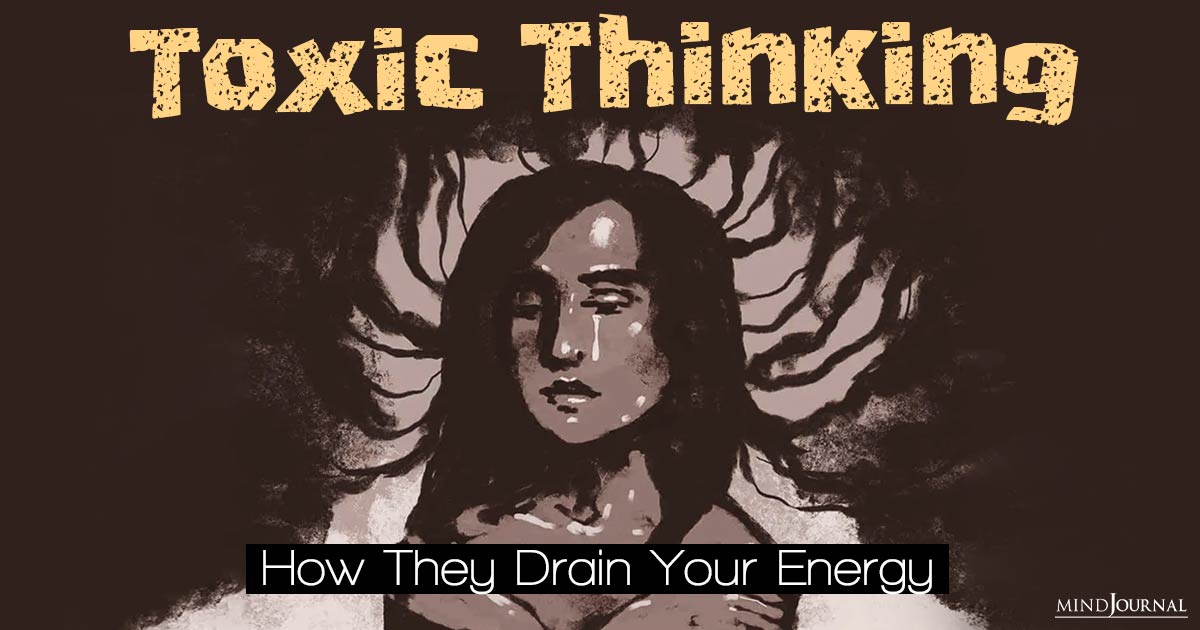
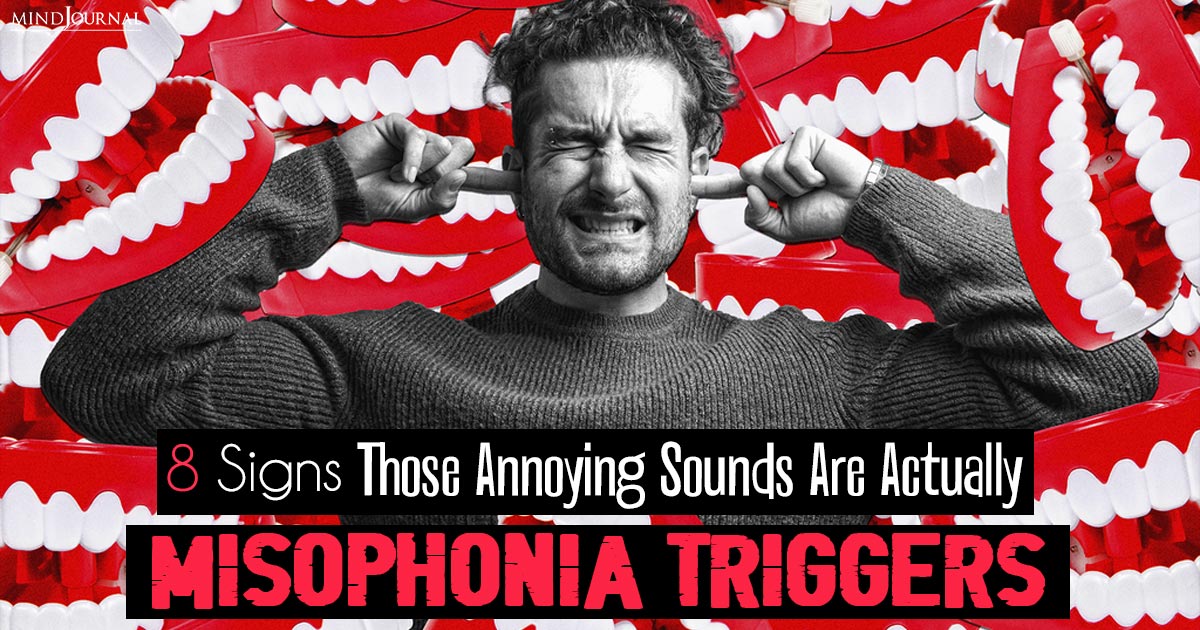
Leave a Reply
You must be logged in to post a comment.